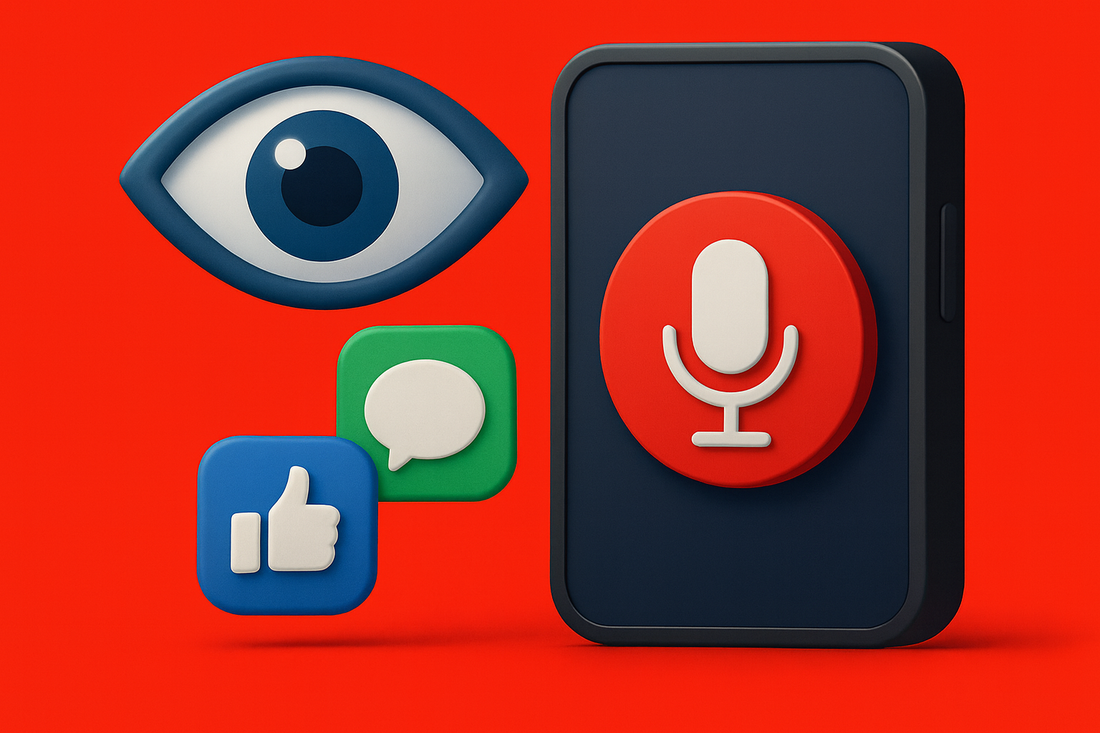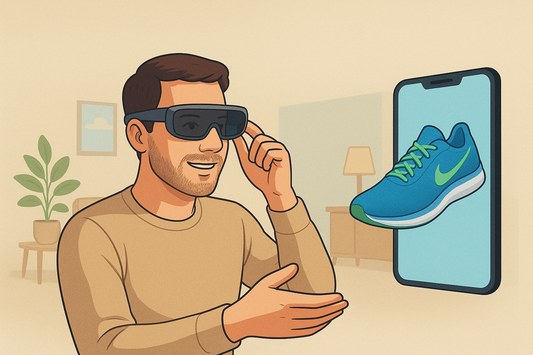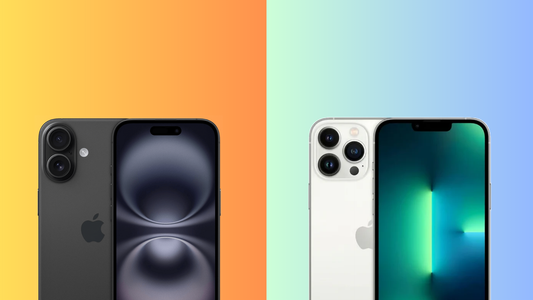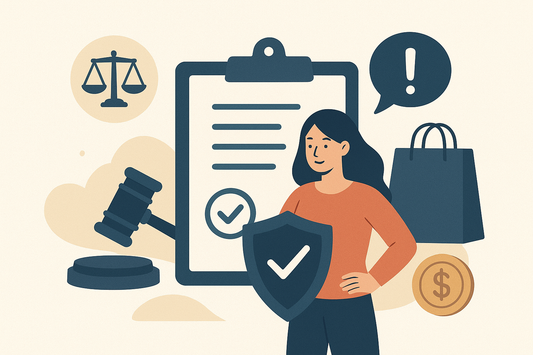
Is your phone listening to you? Myths and truths about app privacy
Givi TechnologyShare
Is your phone listening to you? The truth behind apps and privacy
We analyze the controversy over whether smartphones spy on our conversations and how the data is actually collected.
Where the idea comes from
Many people feel like their phones are "listening" because, after talking about a product, a related ad appears. But is it really because of the microphone, or are there other factors?
Myth 1: “Apps record everything I say”
Not all apps use the microphone permanently. In fact, both iOS and Android restrict access and display usage indicators (the green or orange dot on the screen).
Myth 2: “Ads appear because they listen to me”
Matching often comes from predictive algorithms. If you visit websites, search, or interact on social media, platforms cross-reference data and anticipate interests.
The reality: how they do collect data
Common data sources
- Permissions granted to apps (contacts, camera, location).
- Cookies and trackers on websites.
- Social media activity.
- Background geolocation data.
Why it is profitable
Targeted advertising is a multi-billion dollar business. The more precise the data, the more effective the ad.
How to protect your privacy
- Check microphone, camera, and location permissions in Settings.
- Use browsers with tracking blockers.
- Turn on “Limit Tracking” on iOS or “Turn Off Personalization” on Android.
- Download apps only from official stores.
Frequently Asked Questions
Do you really never listen to me?
Microphone access is regulated, but some malicious apps might try to access it if you grant permissions. That's why it's vital to review them.
What indicator does my phone warn me about?
On iPhone: green/orange dot in the corner. On Android: active microphone/camera icons in the bar.
Can I browse without leaving a trace?
Not 100%, but with blockers, VPNs, and privacy settings, you can greatly reduce your digital footprint.




